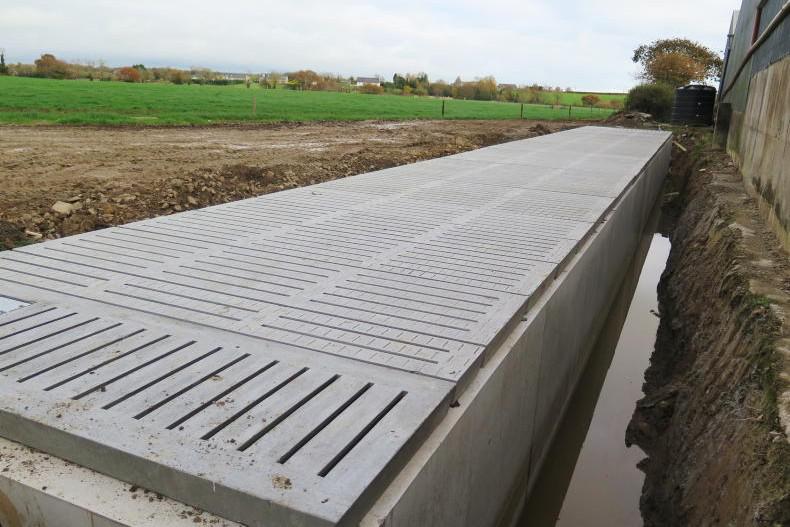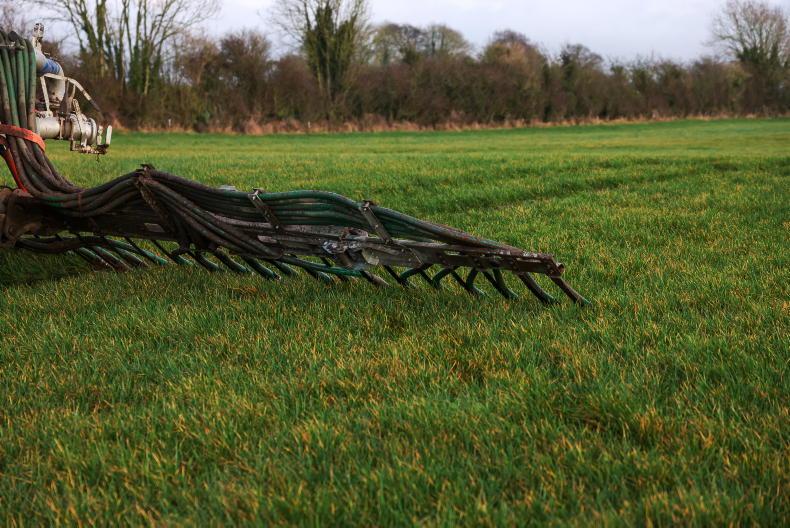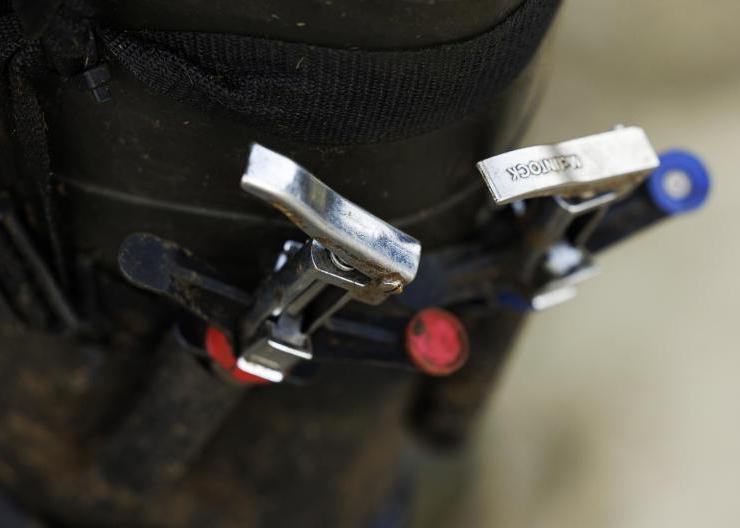Earlier in October, the Ulster Farmers’ Union hit out at a report produced by the Office for Environmental Protection (OEP) entitled “Drivers and pressures affecting terrestrial and freshwater biodiversity in NI”.
The OEP report makes for some fairly bleak reading, painting a picture of increasingly intensive farming methods that have destroyed peatlands, led to hedgerow removal, more herbicides being used and excess fertiliser and slurry being applied to land.
In its response, the UFU criticised the OEP for failing to recognise any of the positive work that happens on farms and said that rather than regurgitating problems already set out in countless reports, it should be focused on solutions and how best to deliver change.
A number of other pertinent points were made in the UFU statement, including around the failure of the OEP to properly acknowledge the tens of thousands of local jobs in food processing, input supply and logistics that exist on the back of primary producers.
Impression
In summary, the OEP report very much gives the impression that farmers are environmental vandals. Yet what actually has happened is that the constant drive from wider society for cheap food has left most farmers with little option but to concentrate their efforts in areas which deliver the best returns.
Policy
There have also been failures by government policymakers. Back in 2008, we had over 40% of farmland in NI (and 13,000 farmers) signed up to participate in agri-environment schemes. The schemes weren’t perfect, but much was achieved – what followed by way of the Environmental Farming Scheme has been a major disappointment in comparison.
The vast majority of farmers recognise the pressure our food system puts on the environment and want to leave their farms in a better place for the next generation.
Large numbers of farmers have shown a willingness to participate in agri-environment schemes in the past and that appetite is still very much there into the future. The OEP and others, should take note.









SHARING OPTIONS